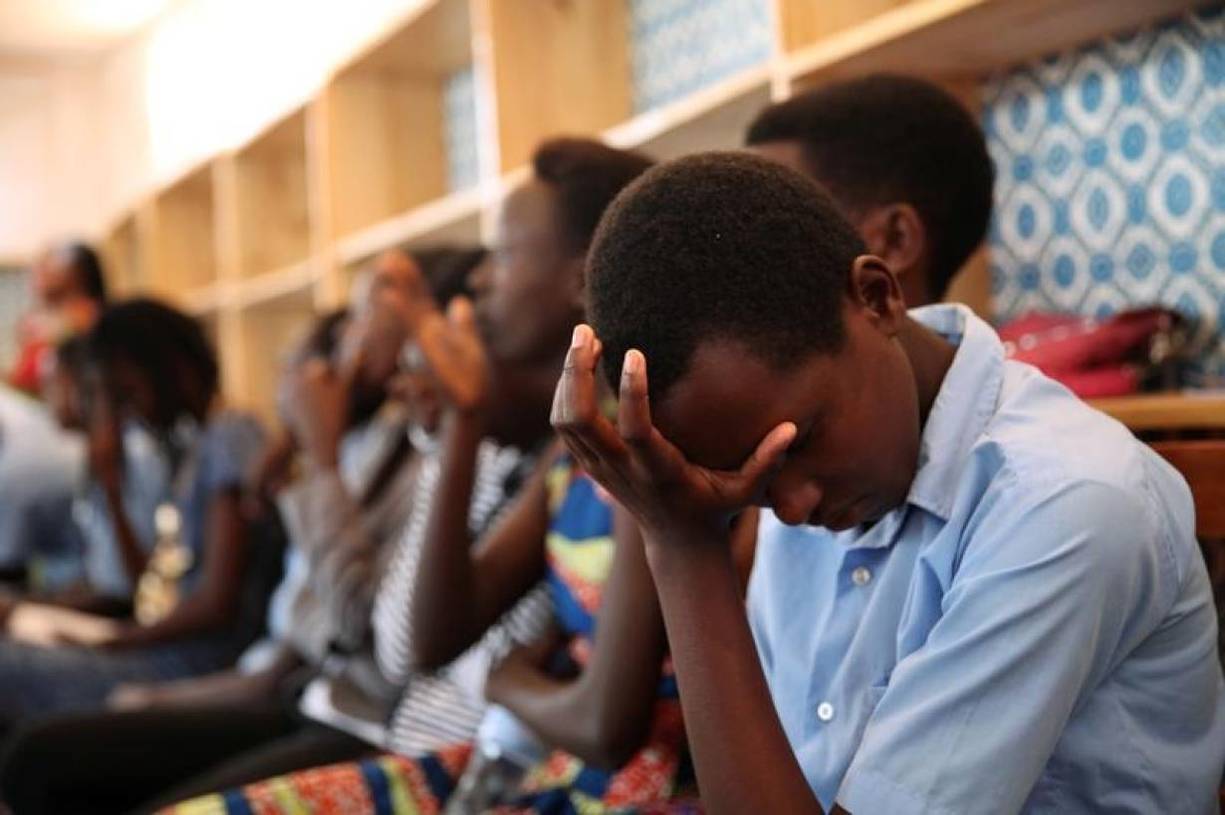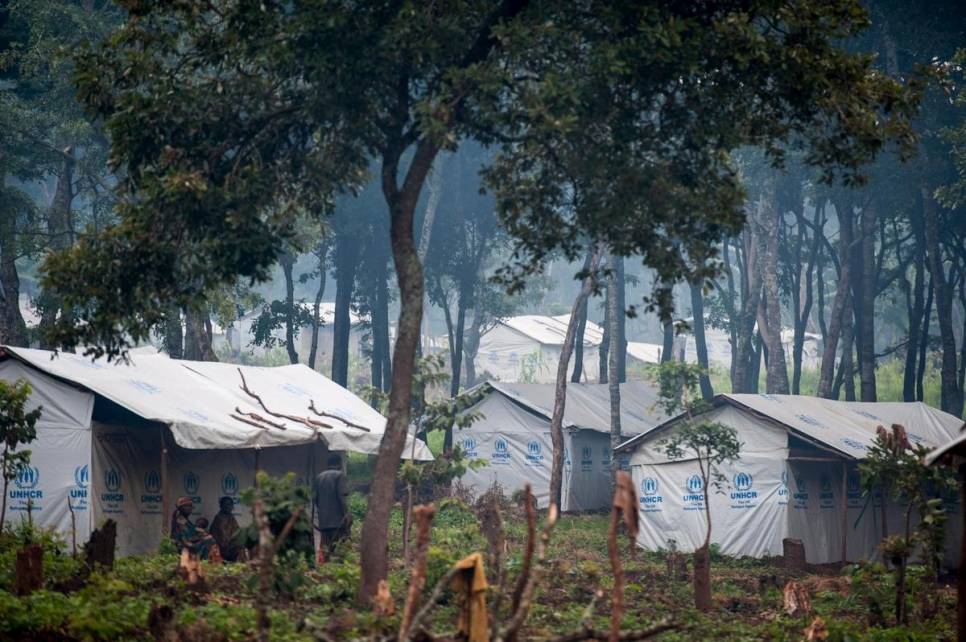Formulaire de recherche
Nombre de résultats: 49
Trier par:
-

Regional emergencies push Uganda's refugee hosting to breaking point
news UNHCR, 21 Dec 2015 (9 years ago )KAMPALA, Dec. 18 (Xinhua) – Three emergencies in Burundi, Democratic Republic of Congo (DR Congo) and South Sudan have push the number of refugees and asylum seekers in Uganda to astronomical levels, forcing the east African country to look up to donors for support. Uganda is currently host to 51... -

Refugee exodus from Burundi sparks concerns 'overstretched' neighbours will not cope
news Thomson Reuters Foundation, 23 Sep 2016 (8 years ago )Number of refugees fleeing violence, abductions and torture in Burundi has passed 300,000, the United Nations says By Lin Taylor LONDON, Sept 23 - The number of refugees fleeing violence, abductions and torture in Burundi has passed 300,000, the United Nations said on Friday, raising fears nei... -
Burundi says will not cooperate with U.N. investigation into violence
news Thomsom Reuters Foundation, 24 Nov 2016 (8 years ago )NAIROBI, Nov 24 (Reuters) - Burundi's government refused on Thursday to cooperate with a U.N. inquiry into months of political violence, saying accusations of abuses by its officials were part of a political plot. The United Nations announced the inquiry this week to identify perpetrators in the ... -
Burundi opposition reject mediator days after his arrival
news Reuters, 13 Dec 2016 (8 years ago )Burundi opposition groups demanded an international mediator resign just days after he arrived, casting a shadow over already troubled efforts to resolve months of political violence. Mediator Benjamin Mkapa flew in on Friday at the head of an African peace mission, then gave a speech at the airp... -
Video: Burundian refugees stranded in Tanzanian camps
news France24, 14 Dec 2016 (8 years ago )More than 300,000 refugees have fled Burundi since the start of political turmoil last year, many of them stranded in sprawling camps in neighbouring countries. FRANCE 24’s reporters visited the Nduta camp in Tanzania. Burundi was plunged into crisis in April 2015 when President Pierre Nkurunziza... -

Land needed urgently for camps for Burundian refugee arrivals
news UNHCR, 07 Feb 2017 (8 years ago )As hundreds of Burundian refugees continue to flow into neighbouring countries every week, UNHCR is calling on host governments to urgently provide more land to ensure shelter and avert a drastic deterioration in conditions. The number of people fleeing Burundi, where peace talks have stalled, ha... -
Drama helps Burundian refugee cope with challenges
news UNHCR website, 27 Jan 2017 (8 years ago )Starting over in the Democratic Republic of the Congo, a Burundian mother draws strength from her roles with an amateur theatre group. -
IMF paints bleak no-growth picture for struggling Burundi
news Reuters, 19 Apr 2017 (8 years ago )The International Monetary Fund has slashed its projection for Burundi's economic growth this year to nil and projected just 0.1 percent in 2018. It gave no specific reason for the 2017 revision from 2 percent, but Burundi has been suffering from a severe drought like much of the wider region. ... -
Diner gives Burundian refugee a taste of self reliance
news UNHCR website, 05 Apr 2017 (8 years ago )Running a small neighborhood restaurant in the Democratic Republic of the Congo gives a cook back her pride and her independence. -
UNHCR calls on DRC to protect refugees after tragic killings
news UNHCR, 19 Sep 2017 (7 years ago )UNHCR, the UN Refugee Agency, is urging the Government of the Democratic Republic of the Congo to ensure protection for refugees and asylum-seekers after a shocking shooting incident in Kamanyola on September 15 in which at least 39 people were killed and another 94 injured [...]